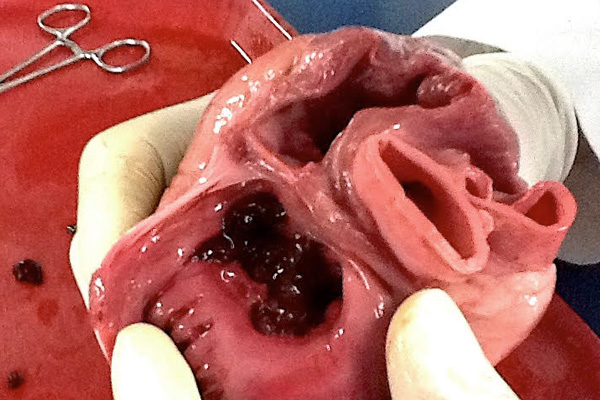Monstrous Red Bull –
May 29, 2019 – Thirty-four healthy volunteers between the ages of 18 and 40 were randomly assigned to drink 32 ounces of one of two commercially-available (but unidentified) caffeinated energy drinks, or a placebo drink, on three separate days. Both energy beverages had 304 to 320 milligrams of caffeine per 32 fluid ounces; in comparison, a Starbucks Pike Place roast packs about 330 milligrams for 16 ounces. The placebo contained carbonated water, lime juice and cherry flavoring. The beverages were swallowed within a 60-minute period, but no faster than one 16-ounce serving per 30 minutes, so the participants weren’t chugging two drinks back-to-back.
The researchers took electrocardiograms to measure electrical activity in the subjects’ hearts, for instance, the QT interval, or the length of time it takes the ventricles in the heart to prepare to beat again. They also recorded the subjects’ blood pressure. Both measurements were taken at the beginning of the experiment, and then every 30 minutes for four hours after the beverage was drunk. The participants who gulped the energy drinks had a higher QT interval at four hours compared to the placebo drinkers, and their blood pressure increased, as well. QT intervals that are too short or too long can cause life-threatening heart arrhythmias, and increased blood pressure can lead to heart failure, stroke and aneurysms by damaging the arteries and the heart.



